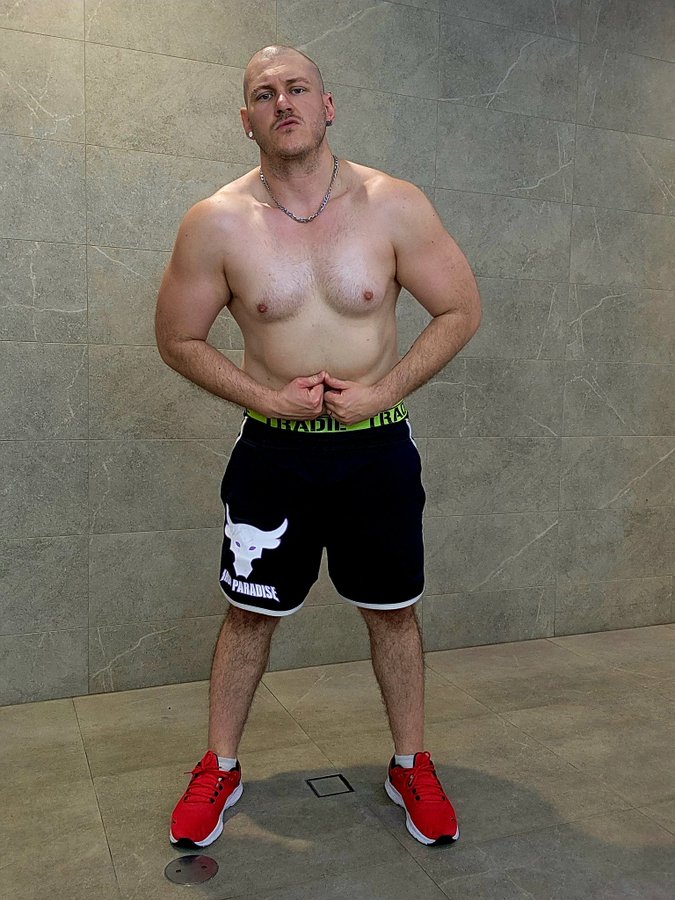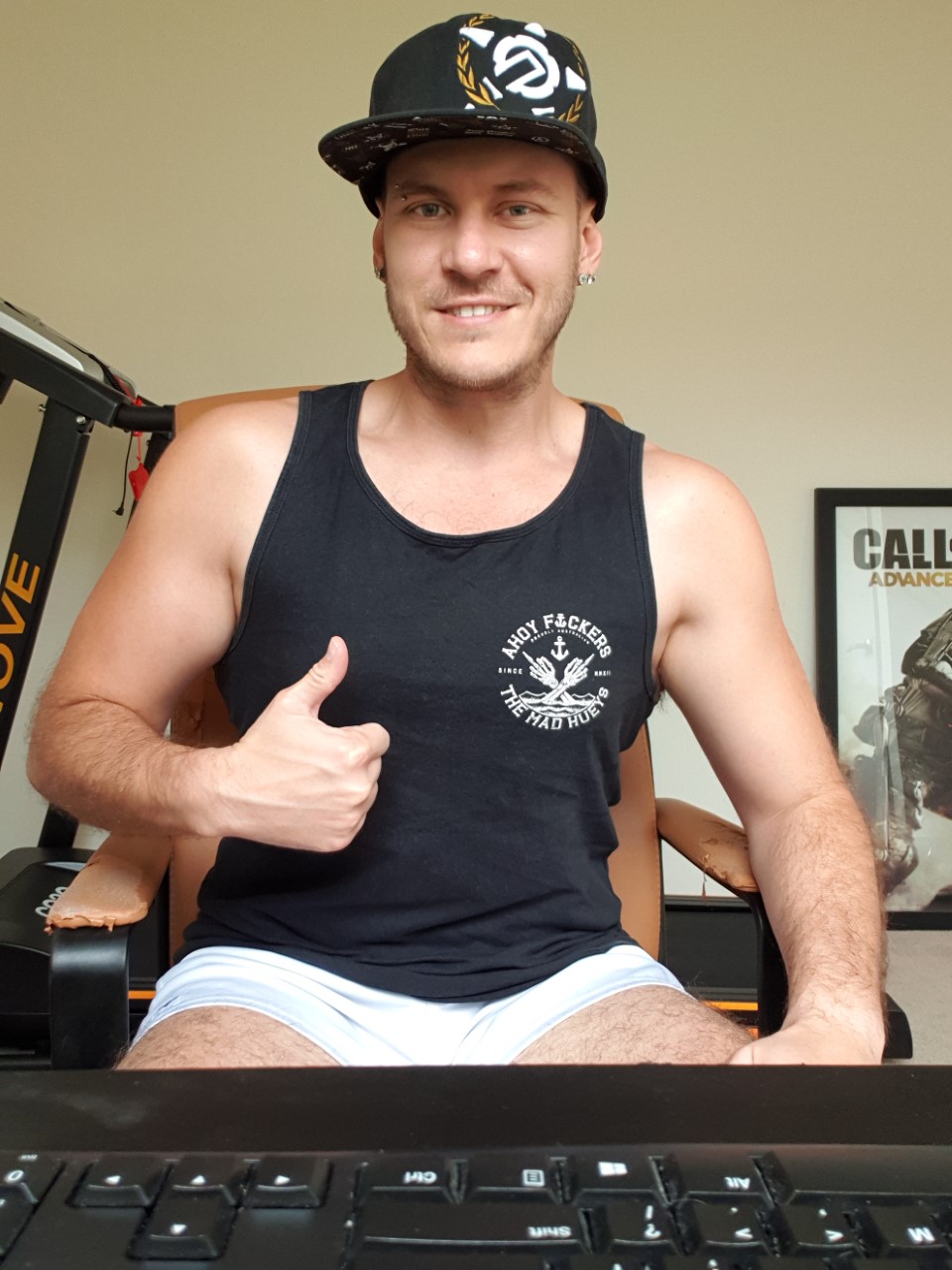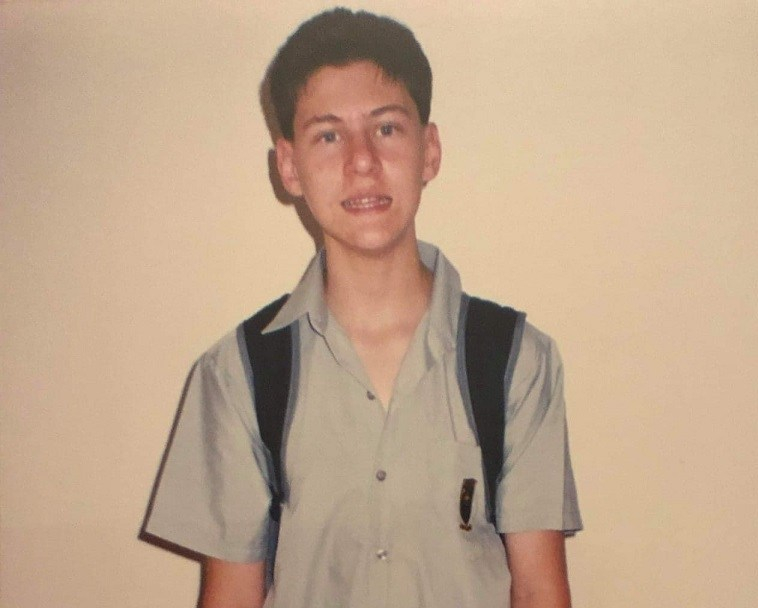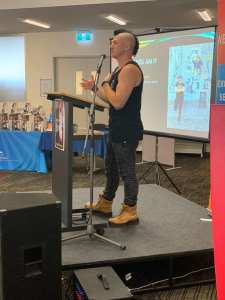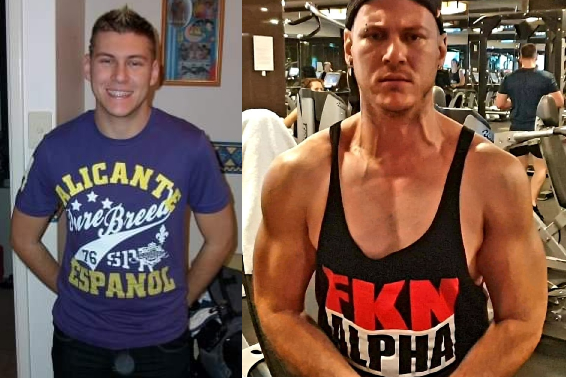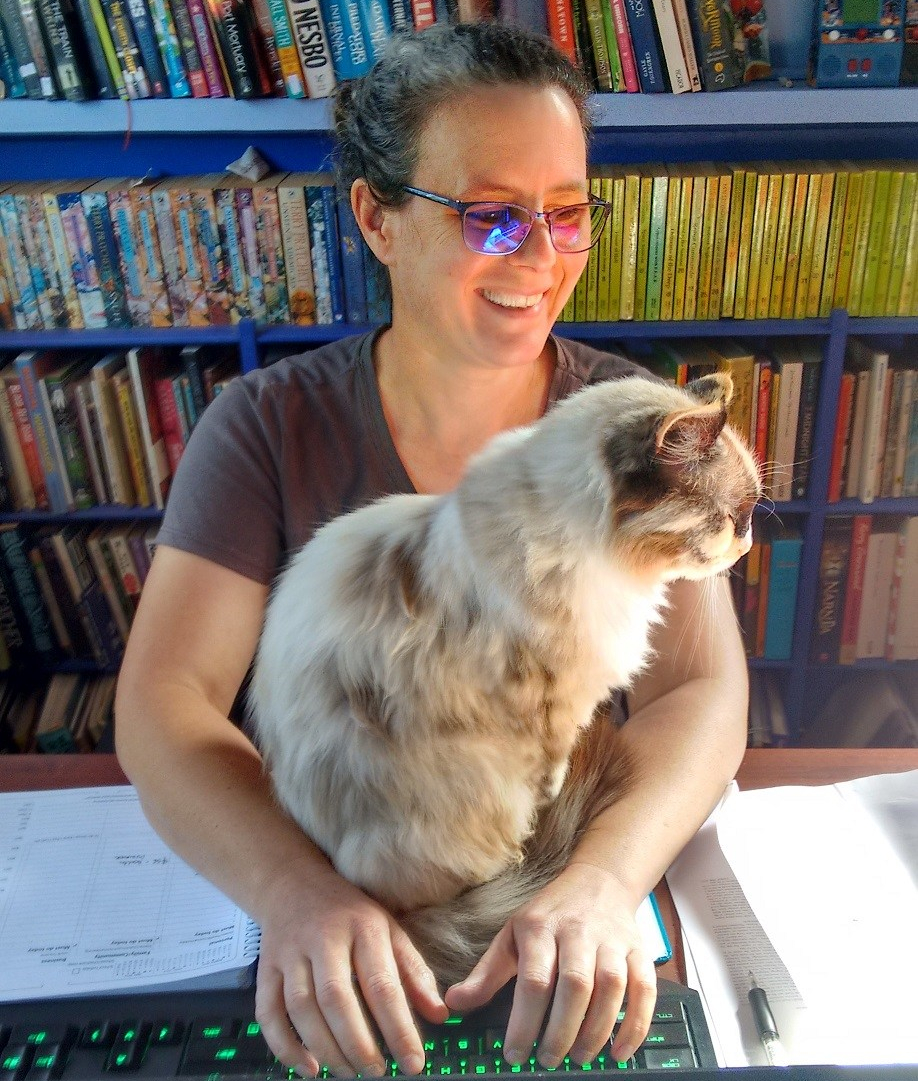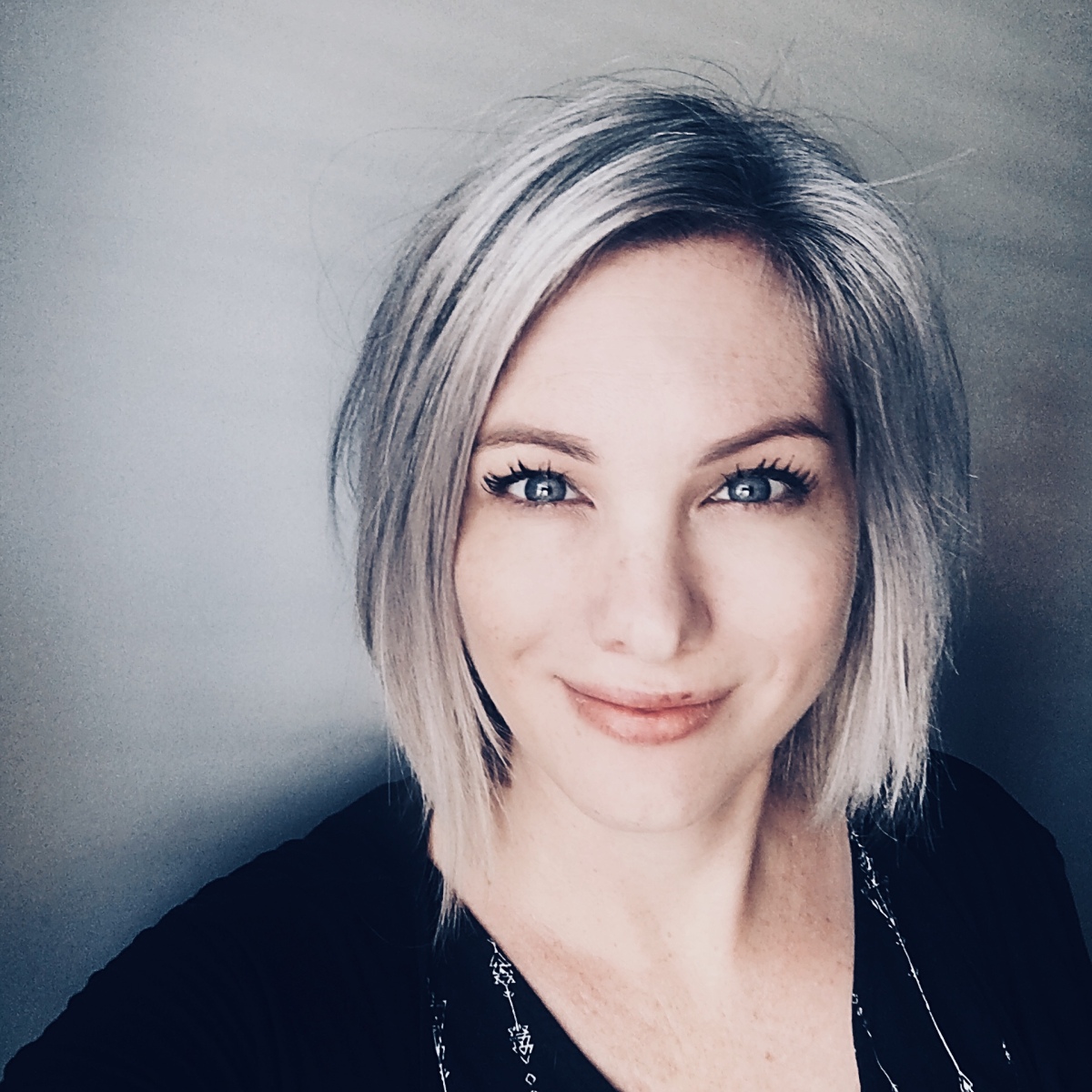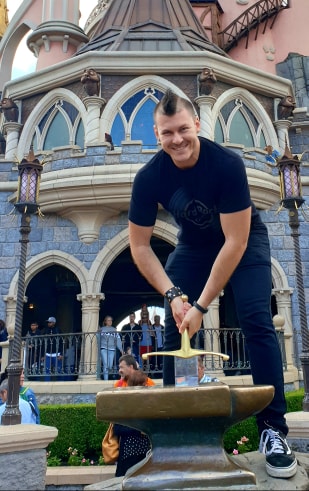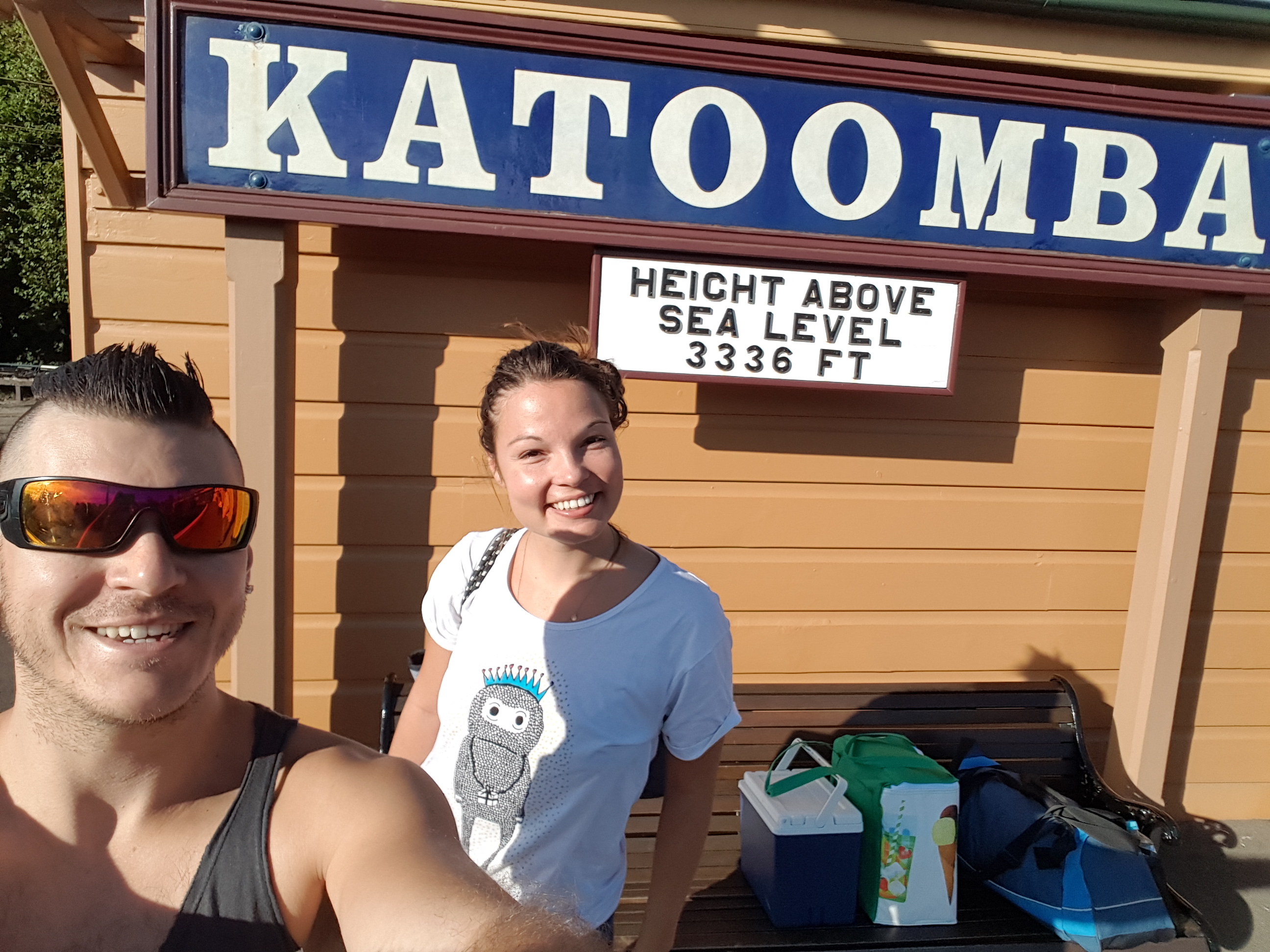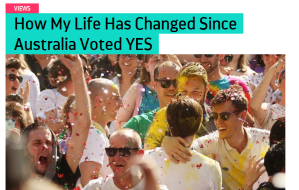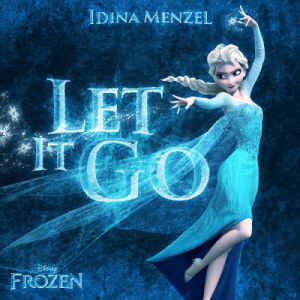Orright, so this is the weirdest thing I’ve ever posted on this blog.
The return of the GAME OF THRONES universe to our screens last week with HOUSE OF THE DRAGON (2022) ignited a twitter conversation with some of my followers today. Specifically, we were discussing the much-maligned ending to the original series of GOT in 2019.
Many fans felt cheated and let down by that ending – a surprise and unsatisfying twist that many felt ruined a character the show had spent eight seasons building up.
At the time, in 2019, I remember raging about how poor a choice this was for the show. To be clear, I didn’t rage at or abuse the writers themselves – no creator deserves that kind of treatment – but I did privately rant with many a fellow fan that our beloved show had ended so unsatisfyingly. In fact, GOT has become something of a cultural touchstone of how to not end a TV show, such is the extent of fan dissatisfaction.
At the time, I was so longing for the satisfaction of a solid ending that I ended up doing something I hadn’t done for years at the time: I wrote a piece of geeky fanfic about it. What I wrote was about 5500 words – a skeletal first draft, very loosely sketched out, of how I thought the character arcs could have been wrapped up in a way that was true to the characters and the story itself.
But in 2019, I decided not to post it publicly even though, yes, it’s just a benign bit of fanfiction. The writers of GOT were copping a lot of shit and I didn’t want to add to that storm. It also felt a bit disrespectful to do that to fellow writers right when they were copping backlash. And I didn’t want to spoil the ending for anyone who hadn’t yet seen it.
But today’s conversation on Twitter reminded me this was sitting in a file somewhere, and I fished it out from three years ago. It’s rough, but gets the basic idea across of how this fan would have loved GOT to finish.
Now three years have passed and that storm and backlash have settled, it doesn’t feel so bad to post this up, so I’ll share it for the handful of fellow fans who might be interested in something this nerdy.
Two disclaimers from me.
Firstly, I mean no disrespect to the writers of the original GOT ending – they had a helluva job to try to wrap up all the threads of that show, and I’m not dissing them. This is just an avid fan writing a version of the ending he would have liked to see. The very end of my version might be a bit too neat/happy for a show based on grimdark books, but whatevs.
And secondly, all the usual disclaimers that go with fanfiction: GAME OF THRONES belongs to HBO so this work of fanfiction is made freely-available and is not for sale – it is non-commercial and no income is received for it. It is posted in line with the principles of fair dealing (in Australia) and fair use (in the USA).
With all that said, here’s a random fan’s alternate ending to GAME OF THRONES, picking up from the moment the bells ring across King’s Landing. In the series, this signified a sudden and catastrophic shift in Dany’s character and caused huge dismay in many fans. My fanfic picks up from the moment the bells ring, but Dany takes a different – more in-character – course of action.
Here we go:
GAME OF THRONES – S8 E6 – ALTERNATE ENDING
Holden Sheppard
A bell rings, and two armies exhale.
A pregnant pause persists, only seconds, until Jon Snow releases his sword, dust eddying as it lands at his feet in the chasm between him and the Lannister army.
Two armies inhale again: clean air, fresh air; and suddenly the tendons that gripped steel relax, white knuckles release and turn pink as human blood flows within veins again. Swords clatter to the earth. Ser Davos exchanges a look of relief with Tyrion Lannister. Grey Worm is one of the last to hurl his bloodied sword into the divide between the two armies.
It is over, Jon thinks. It is done.
He glances at Dany, expecting power to radiate off her in exultant glory, expecting the smug grin, face tilted to the sun like the ruler she has become.
But there is no grin, no glory.
Dany’s face is contorted into a mask of rage. Her violet eyes pierce the air more terrifyingly than Drogon’s flames did. Her gaze is squarely on the Red Keep.
“Dany, no – it’s done,” Jon says. “You won. You are Queen.”
Dany jerks her head in defiance, like she is shaking an angel off her shoulder. Her lips grow tight over her teeth. There is no satisfaction in a bloodless coup. No security, either. This isn’t revenge, nor destiny fulfilled. This story will never be over while the Lannisters draw breath. She sees it playing out in her head – perhaps happening, right now, within the walls of the Red Keep. Cersei Lannister will be whisked away to another part of the realm, somewhere in secret, to give birth to her child. That child would be exiled to a foreign protector in a foreign land – maybe Pentos – raised to believe they are the true heir – raised to grow an army and seek revenge in twenty years.
It is her story, too: Dany’s story. She has lived it her entire life, and now the wheel has turned, and it will be the story of Cersei’s offspring, too. And it will destroy her as a ruler. It will destroy the tentative sprouts of peace from ever getting their roots into Westeros.
And that child, that poor child, would be another Dany, a child who never grows up knowing peace, a child who is used, exploited and manipulated by others and their selfish desires for power, until he or she learns to do the same: use, exploit manipulate. The war would go on, the wheel would turn on and on, spinning faster than before, spinning out of control …
“I came here to break the wheel,” she calls to Jon, without taking her eyes off the Red Keep. “The wheel is not broken yet.”
She grips the hard ridges on Drogon’s back, beckoning him to take to the skies; which he does; he had already begun to unfurl his leathery wings, like he could read her mind.
“No!” Tyrion shouts. “Please – the bells –”
Dany doesn’t hear the rest of the sentence over the wind rushing past her ears; she is already too far away. She and Drogon are soaring over King’s Landing; the shadow of an enormous, fully-grown dragon darkening the red roofs of the buildings below. She sees the soldiers in their silver reach instinctively to the earth for their swords; peasants cover their heads with their hands as if it would offer any kind of protection.
Dany grits her teeth, beckoning Drogon to fly higher, further from these innocents.
I am not here for you, she thinks. Today, I break the wheel. Even if it means breaking myself.
*
Cersei Lannister holds the goblet of mulled wine until the very last minute. If I am to go, she thinks, let me be stupid drunk enough that I can’t feel it.
“My Queen, we should move …” the Grandmaester pleads beside her.
“I am well protected,” Cersei tells him, eyes on the dragon silhouetted against the airborne ash as it flies directly for her. “The Red Keep has never fallen. The Dragon Queen cannot kill me if I surrender. And I have Ser Gregor at my disposal should she try.”
The discoloured beast of a man grunts beneath his armour; even the six soldiers flanking him flinch.
“The Targaryens have never been much for mercy before,” the old man mumbles, gnarled fingers playing uncertainly with the Hand of the King pin on his tunic, like he is wondering whether it might be too late to tear it off and run.
The dragon draws near to the castle, searching the windows until it finally spots Cersei at her window and draws level to her, hovering in the air so its mother can face her enemy. Cersei can see the dragon queen’s silver hair trailing in the wind, the russet walls of the Red Keep reflected in her eyes so her blue irises look almost purple.
“Cersei of House Lannister … you are sitting on a throne that is not yours,” Dany says, evenly. “Your people have lived only in fear of you. Your armies have abandoned you. You are a tyrant, and you are done.”
Cersei drains the last of her goblet and makes a mockery of holding her hands up.
“I’ve already surrendered,” she says, with a shrug that is deliberately casual. Even now, she defaults to the old ways, like charm might still be enough to disarm. “You can hear those bells, can’t you? To attack now would be to commit a war crime.”
Dany’s face, already twisted with rage, snarls further. “So be it,” she says. “A war crime may be the only way to end this war for good – and that is what I came here to do.”
Cersei’s heart flutters, because there is no humanity left in those purple irises.
“I’ve never understood why the symbol of House Lannister was a lion,” Dany says suddenly. “I have never seen you act as bravely as one, only slither, like snakes, into everything that is good in the world. I doubt anyone in the Realm will be dismayed to see such a treacherous house meet its end.”
“I am unarmed, and innocent,” Cersei says, hand reaching for protection and finding the steel plated arm of the Mountain beside her.
Dany’s eyes blaze as Drogon rears up. “How interesting,” she says. “Missandei of Naath was unarmed, too.” Flames explode in her irises as she shrieks, “DRACARYS!”
Cersei ducks, just as she is pulled back; a tongue of flame erupts from before her; fills the air, fills the room, and for a second she knows she is dead.
But her mind is still whirring as the air is scorched and her limbs blaze with heat. She glances up to see the Mountain towering over her, standing in the direct blast of the Dragon’s flame, roaring the way only an undead man can; behind him, three soldiers have provided extra layers of protection with their own bodies, but unlike Ser Gregor, they are mortal, and all of them are already either dead or dying; and then there is Cersei, buried beneath them all as the flames rage.
There is a pause as Drogon draws breath; his armour melted to his discoloured skin, his world ablaze, the Mountain grips his iron spear, one big enough for a Scorpion, and launches is directly into Drogon’s jaws.
The animal shrieks in pain as the steel pierces the soft flesh within its mouth; its mother screams in fury as the dragon is forced to wheel back, shaking its head vigorously as it tried to dislodge the missile.
Cersei spots the opening to the spiral staircase below, the escape from which her grandmaester and other soldiers have no doubt fled already. As the dragon reels outside the window, she shakes the burnt bodies of the soldiers off and races for the staircase, bellowing behind her, “Ser Gregor, protect me.”
*
In a large, flat room at the base of the Red Keep, its polished stone map of Westeros etched into the floor, everything happens at once.
Arya Stark and Sandor Clegane burst into the space from one end at the same moment that a door opens at the opposite end, and a wounded Jaime Lannister limps towards them, blood trailing behind him – fresh, bright red.
Outside, a dragon shrieks and something metallic clatters against stone before a pillar of fire erupts outside. The roof explodes with flame as a turret is destroyed in a matter of seconds.
Arya exchanges a look with the Hound.
“I told you you had the chance to leave,” he says. “You’ll only end up as dead as I will.”
Arya grits her teeth as more of the side wall begins to cave in; suddenly, a shaft of light breaks through the gloom of the castle she was once, as a girl, trapped within.
“No,” she says flatly, her hand resting on Needle’s hilt. “We are both assassins, and death comes for both of us. Let it be a death that satisfies us.” She nods at him. “We both have unfinished business.”
The Hound grips his sword and they move forward into the cavernous chamber.
Before they are even two steps in, footsteps clatter down the spiral staircase from above; an old man in the sparse, dirty white tunic of a maester appears. He glimpses them, enemy soldiers, and flings a gold pin from his tunic; it clatters to the polished stone floor, abandoned, as he sprints in the other direction.
Arya exchanges a look with the Hound that says let him.
That look does not resurface when three Lannister soldiers pelt down the staircase and into the room. The soldiers are followed by a bedraggled and charcoal-faced Cersei Lannister, her robes still smoking, and the monstrous form of the Mountain, molten metal now fused onto his blue skin.
Arya and Sandor press forward, blades out in a flash; the three soldiers have blackened skin, and they fumble for their swords like they are in a daze; metal flashes and blood spurts within seconds. Three dead Lannister soldiers clatter to the stone.
“Protect me!” Cersei cries, shifting behind the Mountain as Arya and Sandor advance.
“Cersei!” Jaime bellows from the far end of the chamber. He is doubled over a stone seat, too wounded to move.
The blonde-haired once-queen turns, her eyes finding her brother who is also, Arya knows, her lover, and something cracks in her voice; the cruel regent sounds like a little girl.
“Jaime – you made it – you came back to me …” she splutters. “Help me – you have to help me. I want to live.”
“I will,” he calls. “We’re together now. It will all be –”
And at that precise second, the entire wall of the chamber explodes, stone melting away in a combination of flame and wings and claws; sunlight streams into the room as Drogon lands spectacularly on the polished stone, cracking the map of Westeros into pieces and dividing the room into two with Drogon’s bulk, Jaime invisible from the other side of the chamber.
Dany sees the opponents squaring off – the Mountain and the Hound, and Cersei Lannister and Arya Stark – and for one mad rush of a moment she envisions all of them burning, with one word from her and one action from Drogon. She could do it. But the soldier belongs to her army; and Arya is Jon’s sister.
She instead finds herself staring into the eyes of a wounded man slumped over a stone seat.
A twisted smile breaks over her face.
“Jaime Lannister,” she says. “You have a lot to answer for.”
*
The Clegane brothers’ fight is the one Arya would prefer for herself: blades clashing against each other, steel flashing in the blinding sunlight; shouts of desperation as two enemies fight to the death.
Instead, she advances coldly and calmly on Cersei, who is backing herself towards the unbroken wall on the left side of the chamber.
Cersei draws her dagger, and Arya laughs. “We both know you’re too cowardly to even try it,” Arya says coldly. “Lannisters don’t tend to wield blades when others can see them do it, do they?”
Cersei’s skin is milk white beneath the soot as she drops the dagger to the crumbled stone floor.
“We surrendered,” she says. “The bells have rung.”
“They aren’t your bells,” Arya says, pacing forwards evenly and kicking the dagger to the side. Across the room, the Hound is sent flying by the Mountain; Sandor knocks his head on the stone floor and scrambles blearily to his feet. “The bells rang for you a long time ago, Cersei, when you crossed my family.”
Cersei’s eyes widen as the back of her heel strikes the wall; she has nowhere else to go now. “No-one can get away with killing a queen in cold blood, girl,” she says, an acidic whisper.
Arya takes another step. “That’s correct,” she says, a wry smile curling her lips. “And I am No-one.”
Cersei’s arms flail in the direction of her dagger on the floor. “I am unarmed!” she proclaims.
“So was my father when you had him beheaded in front of me,” says No-one.
Cersei flattens herself against the stone. “I was only doing what was right by my family.”
“As my mother was, when you had her throat cut,” says No-one.
Desperate now, the pale former queen places a hand on her swollen belly. She is frozen, as a statue, a pillar of ash waiting to crumble. “I am pregnant. You wouldn’t be killing just me – my baby doesn’t deserve to die. You would be committing infanticide.”
Arya Stark smiles more broadly than she has in years, and raises Needle to Cersei’s stomach. “You mean, like this?”
And she slices Needle directly through the skin and into the womb, three sharp jabs, like they told her it was done to her brother’s wife.
Cersei jerks, seizes in shock, her mouth gaping as she clutches her belly in horror.
“My unborn nephew didn’t deserve to die, either,” Arya says, withdrawing the blade and watching with satisfaction as Cersei Lannister crumples to her knees. “Robb’s child didn’t deserve death. Nor did Robb.”
Cersei is moving involuntarily, muscles jerking, a strange cry aching from her throat as blood pools beneath her. Arya draws Needle up to Cersei’s throat and shunts the blade gently across the surface of her chin, forcing the woman to look up, and finally Arya has those dark brown eyes locked with her own.
“They say a Lannister always pays their debts,” she tells Cersei. “You ran up rather a large one, didn’t you?”
She leans forward at once, lunging, and slices Needle downwards, directly into Cersei’s heart. A final scream is choked with blood, but the eyes are still moving as Arya Stark leans into Cersei, her lips grazing the woman’s ear as she whispers, “The Starks send our regards.” A vicious twinkle in her eye extends through her body; energy exploding through her arms as she pulls Needle cleanly across Cersei’s throat, the final blow before blood erupts from the dead queen’s throat. “The North remembers.”
*
“I have surrendered,” Jaime says. “You can’t harm me. To do so would to be tyrannical.”
“Perhaps,” Daenerys Targaryen says coolly, stepping down from Drogon’s back; the dragon’s enormous body has shielded them completely from the shouting and slashing on the other side of the chamber. “But I didn’t think allies needed to surrender to their Queen. Unless you were never an ally, after all?”
“I came back for Cersei.”
“You broke free from capture – or someone else let you free,” Dany says, realising the part Tyrion probably played in this scheme.
“Let us escape alive, please,” Jaime says. “She is pregnant with my child. Please, let us flee, and we will exile ourselves and never set foot in Westeros again.”
Dany doesn’t feel the savage justice of the moment the way she might have. All she can see is the shimmering salt water in Jaime’s eyes, a shimmer she knows she will never see from Jon.
“She is your sister,” she states blankly. “And yet, you love her. You really love her.”
Jaime doesn’t hang his head, but lifts it slightly, facing the judgment. “I always have.”
“People know, you know,” Dany says, advancing on him slightly. “People talk about it behind your backs. You are a famous joke, not only in Westeros, but in Essos, too – the man who fathered three children with his sister – who was a queen, and a king’s wife, not your own.”
Jaime keeps his head up, though he looks diminished by the effort. Blood is dripping off the stone seat and onto the floor. “They didn’t just say it behind our backs,” he says. “And I don’t care anymore. I love Cersei. I love her.”
His words, the warmth with which he proclaims them with ragged breaths, slice through Dany like a shard of ice. She will take the Iron Throne, but she will never have what Cersei had in Jaime.
“I don’t have a love like yours,” she says, pacing and looking through the massive hole she made in the wall, sunlight streaming through it. “In fact, I never will. So why should I let you be with your love now, in your last moments and in hers, when I can’t be with mine.” A scowl of vengeance roars like a lion throughout her. “Besides, perhaps I was misguided all along. My quarrel has never really been with Cersei, after all. It is with you, Kingslayer.”
*
The most unlikely of teams, their blades flash in unison, bouncing off the armour that is now melded with their quarry’s eerie blue skin.
“Why – won’t – you – fucking – die?!” Sandor Clegane screams, driving a sword into his brother’s heart for a second time, only to watch the monster pull it out like it were a splinter, and hurl Sandor backwards, almost tripping over Cersei’s body.
“He survived dragon fire,” Arya cries, parrying the Mountain’s sword with Needle. “A blade can’t kill him.”
The Hound’s weary eyes flash as the knowledge finally comes to him, and he knows he can do it, because the molten armour has made his brother even slower than before, and he is scorched by fire and clumsier than he once was.
And he knows he can do it because he now knows he is not trying to kill the Mountain.
Sandor screams, and while Arya distracts Ser Gregor’s hands and face, he dives to the floor, and slices his blade through the tendons of first his brother’s right foot, then the left. Ser Gregor is falling, a landslide of a man, before he can react; he is still on his back as Sandor severs the feet completely, blade cutting through flesh and tendon and bone until there are two disembodied feet on the floor.
Blood doesn’t spurt out in a geyser; it oozes and bubbles, a semi-solid acid slowly leaking from the sawn-off ankles.
The Mountain is not hurt; but he cannot stand or balance.
And then, they circle him, Arya Stark and Sandor Clegane, and they take no mercy on the monster before them as they separate first his hands from his wrists, hacking through until the hands fall, dead and stiff, to the floor, then they separate his arms from the shoulders, and finally the head, flailing and roaring, from the neck.
The disembodied head still roars, and Ser Gregor Clegane continues to live, but he is no longer an animal but a tree; alive but empty and impotent; an observer for a world and a brother that will now live without him, free.
*
“My father trusted you,” Dany says, facing Jaime Lannister squarely. “You were his hand. You betrayed him.”
“I had no choice!” Jaime protests. “Everyone except him understood that is Reign was over. He was a danger to the Realm, to everyone in King’s Landing – he was the Mad King. I saved lives that day. I would do it again if I had to. Perhaps,” he says, “someone will do that to you, since you seem to be following in your father’s footsteps.”
Jaime hears the scream, then, and he knows. His eyes begin to leak as he calls his sister’s name and nobody responds from the other side of the dragon’s enormous hide.
Dany scowls at him, her mind processing what the scream meant. “I never knew my father, but I know I am nothing like him,” she says proudly. “I am not a Mad Queen. I am here for justice. I am here to break the wheel – and you may be the final spoke to break.”
“I saved lives that day,” Jaime sobs, lowering his face as tears pool with the darkening blood.
“You didn’t save my father’s, or my mother’s, or my brother’s, or mine,” Dany says slowly, deliberately. “You made me an orphan. You made me grow up in exile. You caused me a life of unbearable suffering, revenge and loss. My tortured, wretched life is all thanks to you – you set this wheel spinning, and now, today, the wheel is broken for good. I will never let this happen again.”
Jaime opens his mouth to say his final words, but Daenerys interrupts him with one of her own.
“Dracarys.”
The flames envelope the man who murdered her father, and the Kingslayer is dead.
The fire feels like soft warmth on Dany’s skin.
*
A silver-haired, violet-eyed woman strides through a sunlit stone chamber in an ultramarine dress. Her name is Daenerys Stormborn of House Targaryen, first of her name, the Unburnt, Breaker of Chains and Mother of Dragons.
And now, rightful Queen of the Seven Kingdoms of Westeros.
She walks, almost as in a dream, towards the Iron Throne: the seat forged by the swords of her ancestor’s fallen enemies. She has never seen it before, but it pulls her towards it, magnetic, and as she walks tears spring to her eyes. Her trials and suffering over so many years flash before her eyes, from the exile in Pentos to the Dothraki Sea, the journey across the Red Waste, the dangers of Qarth, her rise to power in Slaver’s Bay, as Queen of Meereen, her fleet finally sailing west to claim Dragonstone as she made alliances with the lords and ladies of Westeros.
As she closes in on the throne, faces and bodies appearing before her as if they are standing beside her in the room as she passes. Illyrio Mopatis, who sheltered her and her brother in Pentos; Viserys, her foolish brother; Khal Drogo, inclining his head; there is Daario Naharis, Hizdahr zo Loraq, Ser Jorah, Missandei of Naath, her two fallen dragons, her children … all of them now memories of a journey that has finally come to an end.
Dany reaches the Iron Throne, touches the blades that form its back, then sits upon it, a savage smile on her face as the cold metal presses through her dress.
Drogon takes to the skies through the gaping hole in the wall of the Red Keep, breathing fire into the air in glorious triumph.
*
They have seen each other during the dying light of that afternoon, but always at a distance, and always something more important was happening. Prisoners were taken: the defeated Lannister Army. Soldiers were celebrating – from the Unsullied, to the Dothraki, to the Northmen. The people of King’s Landing were emerging from their houses and hiding places, blinking in the red rays of sunset, like they could scarcely believe they had survived.
And there was always someone else to tend to, to bark orders at, to advise, to help. Grey Worm, Ser Davos, Tyrion, Arya, the Hound, captains and soldiers, maids who helped her bathe in the Queen’s quarters in the Red Keep, washing the soot and dirt from her pale skin.
But eventually, Jon Snow finds her, just before the dinner feast, when noise emanates throughout the castle.
Dany is sitting on the Iron Throne when Jon enters.
“Your Grace,” he says tentatively, like she is a creature he has never encountered before.
Dany smiles sadly and beckons him in. “Even after that night we spent at Winterfell, during the Battle of Ice and Fire, I still don’t think I’ve ever felt as cold as I do now. All my life I’ve wanted to sit in this room, and all I notice now is how cold it is. It is strange how cold this room feels, after having been in Winterfell. How empty this big room is. I can hear my voice echo, but never any laughter. How empty.”
“You committed a war crime. The bells had rung. Cersei had surrendered.”
“Cersei would never truly surrender. The only way peace would ever occur is if she was dead. I had to see to that.”
“But it’s wrong.”
“It was wrong for Jaime Lannister to murder my father. He did it for what he saw as the greater good. I did what I did for the same reason. You don’t have to agree with me. I am Queen of the Seven Kingdoms now. I don’t need your permission. But I do need to know why.”
“Why what?”
“Why you couldn’t be with me.”
“You know why. If I could un-know it, if I could undo it, I would. But knowing what I know … I’m sorry, Dany. I’m so sorry.”
“Cersei and Jaime Lannister made it work. People whispered about them behind their back, the whole world did, but they died loving each other.”
She pauses, seeing Jon’s awkwardness.
“But I know now it’s impossible. I can force a claim to the throne. I have a dragon. People are forced to respect me out of fear. But I cannot force you to love me in return. I will die one day, and I will know in that moment that I am worth less than Cersei Lannister, because I will die without knowing how it feels for the man I love to love me back.”
“I have loved, and I have lost, and I have died and survived it,” Jon replies neutrally. “More is survivable than you think.”
“But now, what to do with you, Aegon of houses Targaryen and Stark?”
“I told you, I don’t want it,” Jon says. “I don’t want any of it. Not King of the Realm. Not King of the North. None of it.”
“Then I shall grant you your wish,” Dany says. “But to be sure, I will send you somewhere far away where I know you will never leave; you will never be permitted to set foot in Kings Landing again, because to see you with another woman – to see her smile, or the light in my grandnephew’s eyes as she nurses him – would be enough to drive this queen as mad as her father, and that would be a terrible thing for the people to suffer especially with a dragon at her disposal. You will go to the Wall. You will be head of the nights watch. You will guard the Realm from any new threats should they arise again. You will spend your life serving and protecting me.”
Jon swallows. “Yes, your Grace.”
*
Targaryen banners are unfurled throughout the Red Keep and the throne room. Lords and ladies, knights and nobles and peasants are gathered from across the lands. All areas are represented.
Daenerys is crowned Queen at her coronation. She speaks to her subjects. “Twenty years ago, a great injustice was done. This injustice has been righted today. A Targaryen heir sits on the Iron Throne. The Realm is at peace.”
She brings in Drogon.
The crowd cries out, panicked at what might be about to occur.
Dany says “dracarys” and Drogon destroys the Iron Throne in a blast of fire, melts it into molten steel before the watching crowd.
“The former kingdom was built upon the weapons of enemies. I will craft a new Throne using the swords of allies of the Seven Kingdoms. My rule will be based on cooperation among all men, an agreement of the Seven Kingdoms to exist in peace, in exchange for the protection of the Dragon, and for the Dragon to leave them to run their kingdoms in peace.
Each of the Lords of each Kingdom lay down a sword to swear their allegiance.
Bells ring. Peace reigns.
*
A small council meeting is held. Tyrion is hand of the queen. Sam is Grand Maester. Ser Davos, Bronn, Brienne and Grey Worm are all on the council too. Tyrion presides over the meeting in classic Tyrion fashion. There is rebuilding to be done. Podrick is there too, as a squire for Dany, and we have the sense that she is using him as her new boytoy but there is no affection there.
Dany leaves the meeting and is called away by a minder to attend to something.
*
Arya is at the wharf in Blackwater Bay. She is about to step onto a ship when she sees the Hound drinking at a pub.
“What are you going to do?”
“I don’t think there is anything left to do. I was supposed to die and I didn’t. Nothing left here to raise my sword against, and raising a sword is why I exist. I figure I drink and fuck as hard as I can until one of those kills me instead. What are you doing?”
“What’s West of Westeros?”
“Nothing. There’s nothing West of Westeros. That’s why we call it Westeros. Otherwise it would be called fucking Middle-os, you daft bitch.”
Arya grins. “There’s a Stark ship setting sail today. I’m going to find what’s beyond the edge of the maps. There could be anything there.”
“What a stupid fucking idea.”
“I don’t belong in Westeros anymore. There’s nothing for a person like me here anymore. You could join me. A swordsman like you could be an asset against the unknown.”
“I’d get to raise my sword again.”
“I can’t imagine we’ll go unchallenged.”
“Will you keep your cunt mouth shut or will it be flapping open the whole fucking time?”
Arya grins.
*
In Winterfell, Sansa sits with her dire wolf overlooking Bran in the tree area, who is piling into a cart.
She goes outside. “Where are you going now?”
Bran says, “I’m needed in Old Town. They don’t know it yet, but they need me. I need to tell them what I know.”
“And what is that?” Sansa asks.
Bran looks at her with disinterest. “There is a surviving Targaryen who has been groomed to be king.”
“Jon doesn’t want it. He’s been banished to the Nights Watch now anyway.”
“Not Jon. Another. A Targaryen who would have claim to the throne; who was hidden away in Essos. Now that his protectors have seen Westeros accept a Targaryen regent, steps may be set in motion.” He pauses. “I must be in Old Town to ensure they aren’t set in motion.” He pauses again. “I won’t be coming back.”
Sansa nods and hugs him. “You aren’t my brother, are you?”
“Not really, no.”
Bran leaves in his cart. Sansa watches him with a tear in her eye. After he leaves, she goes into the crypt. She visits the graves of her father, Eddard, the mother, Catelyn, her brother Robb and his wife, Theon, Rickon. She thinks of Bran, Jon, Arya. All gone. She is the last of the Starks.
Gendry knocks on her door. “We have arrived from Highgarden.”
Sansa smiles. The last of the Starks for now.
*
Jon arrives at the Night’s Watch, Castle Black. Greeted by Tormund and the others there. Pats his Dire Wolf, Ghost.
*
Arya and the Hound sail past the Iron Islands, into the unknown in the West, a smile on her face.
*
Sansa reigns in Winterfell, Gendry by her side.
*
Bran’s cart arrives in Oldtown. He draws his cloak around himself and gets on with business.
*
Dany meets with a peasant woman who wants to appeal to her about a business matter. Then she is told that they were almost killed by Cersei Lannister’s army until Dany and Drogon arrived and blasted through the walls of the city. She says thank you.
Dany feels surprised to have any reaction other than fear. She is immensely touched. Never will she know the love she wants – and she knows that for sure, because her love will never return to her – but that she could give love, and receive thanks … This might be enough to sustain her.
She climbs aboard Drogon. Now that she knows peace, where might they go to find silence? She takes to his back and they fly for a long way; over King’s Landing; across Blackwater Bay; to Dragonstone, the ancestral home.
There were others once, like her, in a place called Valyria. Jorah told her. Perhaps there can be eggs found there. New dragons. New children. New life.
“Drogon, let’s take a detour,” Dany says, feeling her robes crinkle with icicles as they fly higher, into the stratosphere, together.
Fin.
![]()
![]()
![]()
![]()
![]()
![]()
![]()
![]()
![]()

